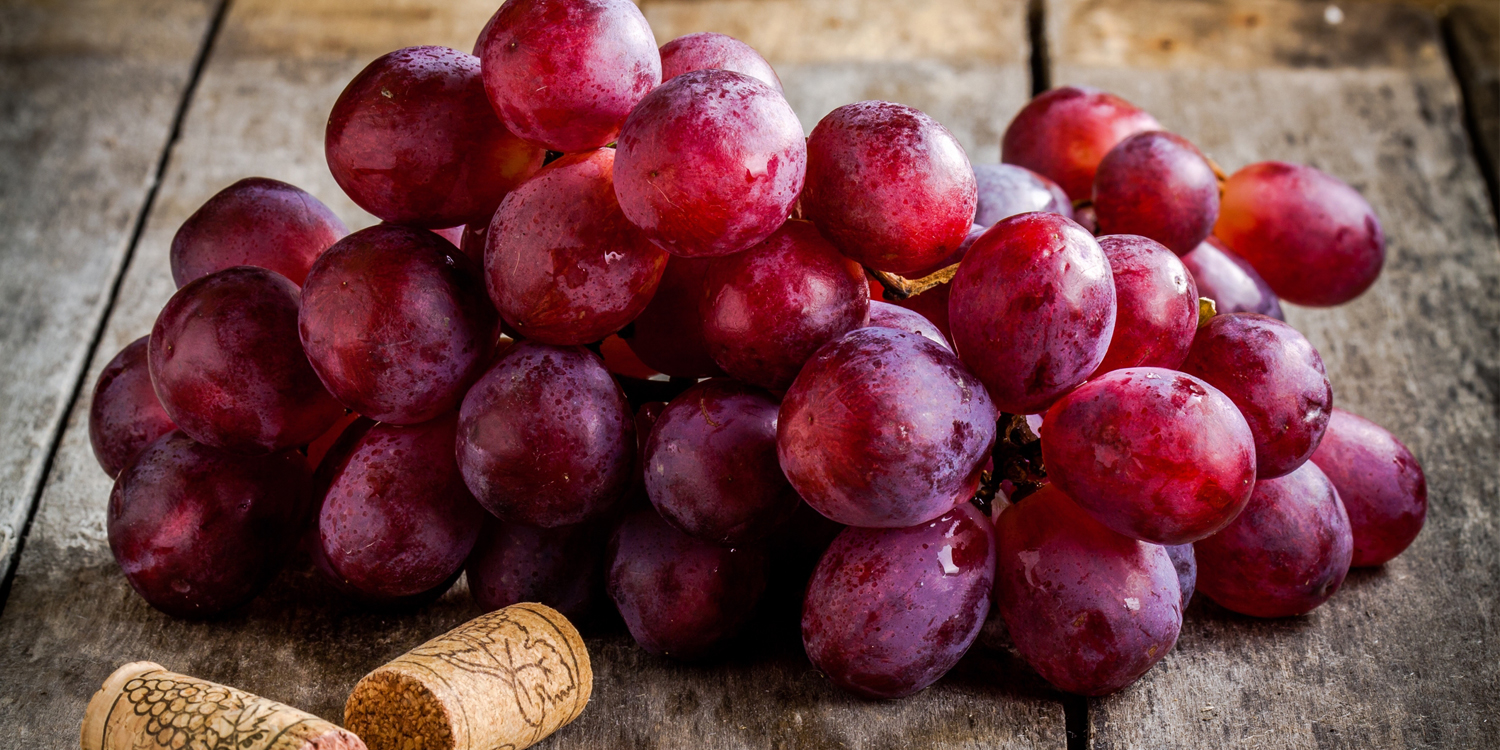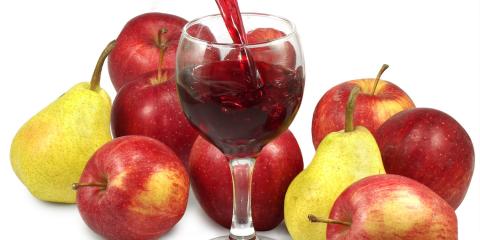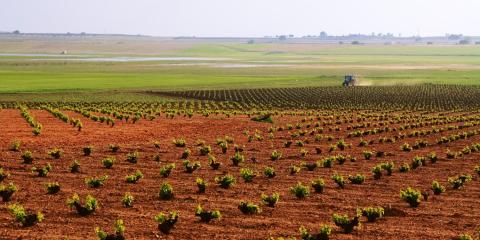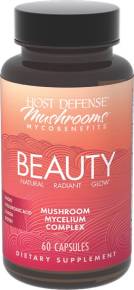Traditional methods of winemaking rely on a bevy of pesticides. One study found that 100 percent of conventional wines contain pesticides; one bottle contained 10 different types, according to Organic Wine Journal.
You might be wondering where all the organic wines are, though; a trip to the liquor stores certainly doesn’t reveal a ton of options. But this is quickly changing, as growers want to engage in practices that support the land and produce healthy vintages.
Effects of Conventional Farming in a Vineyard
One winemaker made the switch from conventional to organic and biodynamic and says his wine is not only healthier but tastes better as well.
“We woke up one day and we heard no birds. There were no insects; the property was dead,” says Mike Benziger, founder of Benziger Family Winery. “It was at that point that we knew we needed to do something to heal the property. This is one of the most beautiful properties in California, and we had killed it. We felt terrible about it, and felt we had an obligation to bring it back to life.”
Benziger would embark on the journey of a lifetime to revive his property—and the results would bring the complex flavors of his living systems into every bottle of wine his family winery would produce.
“When we first started growing, I had a little bit of experience making wine but didn’t know a lot about grape growing,” Benziger says. So they hired the “best” Napa consultants, whose philosophy was that when you grow grapevines, you grow them in an environment where there is no competition whatsoever, one that is completely sterilized of the natural environment around it. “So, through spraying and the use of chemicals and other agents, we systematically pushed nature to the other side of the fence.
“Our vines looked beautiful; there wasn’t a weed you could see,” he continues. “But over a period of years we saw that, first of all, the soil started to die. Every time it rained, our parking lot would fill up with soil and silt. Also the wines that we were making, quite frankly, were kind of mediocre. Our fermentations were weak.”
Healing the Vine and Organic Wine
Fortunately, Benziger realized what conventional methods had done to his farm, and he knew he had to change.
“We began to look at different farming methods,” he says. “We looked at permaculture and organic farming. But when we came across biodynamics, it immediately grabbed us because of this whole part of it that has to do with healing the earth. That was what we really needed to do at the time. That’s when we started, in 1994, to change the property over, to farm biodynamically, and it was almost immediate that we saw the impact on wine quality.”
Biodynamic Farming: What Does it Mean?
Biodynamics is a series of sustainable farming methods developed by scientist and philosopher Rudolph Steiner after World War I. It involves every stage of growing—from the soil, to planting times, to harvesting and processing produce.
The difference today at their vineyards is quite remarkable. “Our ripening is much more uniform,” Benziger reports. “The net result is flavors that are connected, or attributes of the surrounding environment that are reflected in flavors of the products we make. The impacts on wine quality that I see in general are, first, more authenticity of flavor—in other words, flavor and taste are associated with the environment around us—and second, wines that are more interesting in the glass and last longer in the bottle.”
Wine Containing Sulfites Debate
While many can’t dispute that growing grapes organically is good for the earth and the wine, there is an ongoing, and often contentious, debate about adding sulfites (sulfur dioxide used as a preservative) to wine. For a wine to be USDA certified organic it cannot have added sulfites.
Some winemakers argue that wine has been made for thousands of years without sulfites and that it’s an unnecessary additive. The National Organic Board recently concurred, ruling that any wine with its organic seal cannot contain the additive.
But other wine experts believe a quality wine requires sulfites, and that studies don’t conclude sulfites pose any health risks. They argue that the “gold standard” for sustainable winemaking is biodynamic, not organic, since sulfites can be added with this method. The runner-up would be wine made from organically grown grapes, they say.
Organic Wine Options
Whether you oppose added sulfites or not, options for sustainably grown and produced wines are growing. Here are some of them:
- Frey Vineyards: Organic wine that does not contain added sulfites.
- Yorkville Cellars: A Mendocino, California–based organic winery.
- The Organic Wine Company: Wines are all made with certified organic grapes, on small family-owned estates around the world.
- Benziger Family Winery: Dedicated to biodynamic, organic and sustainable growing practices.
- EcoVine: A website offering all varieties of sustainably grown wines, including a wine-of-the-month club.





